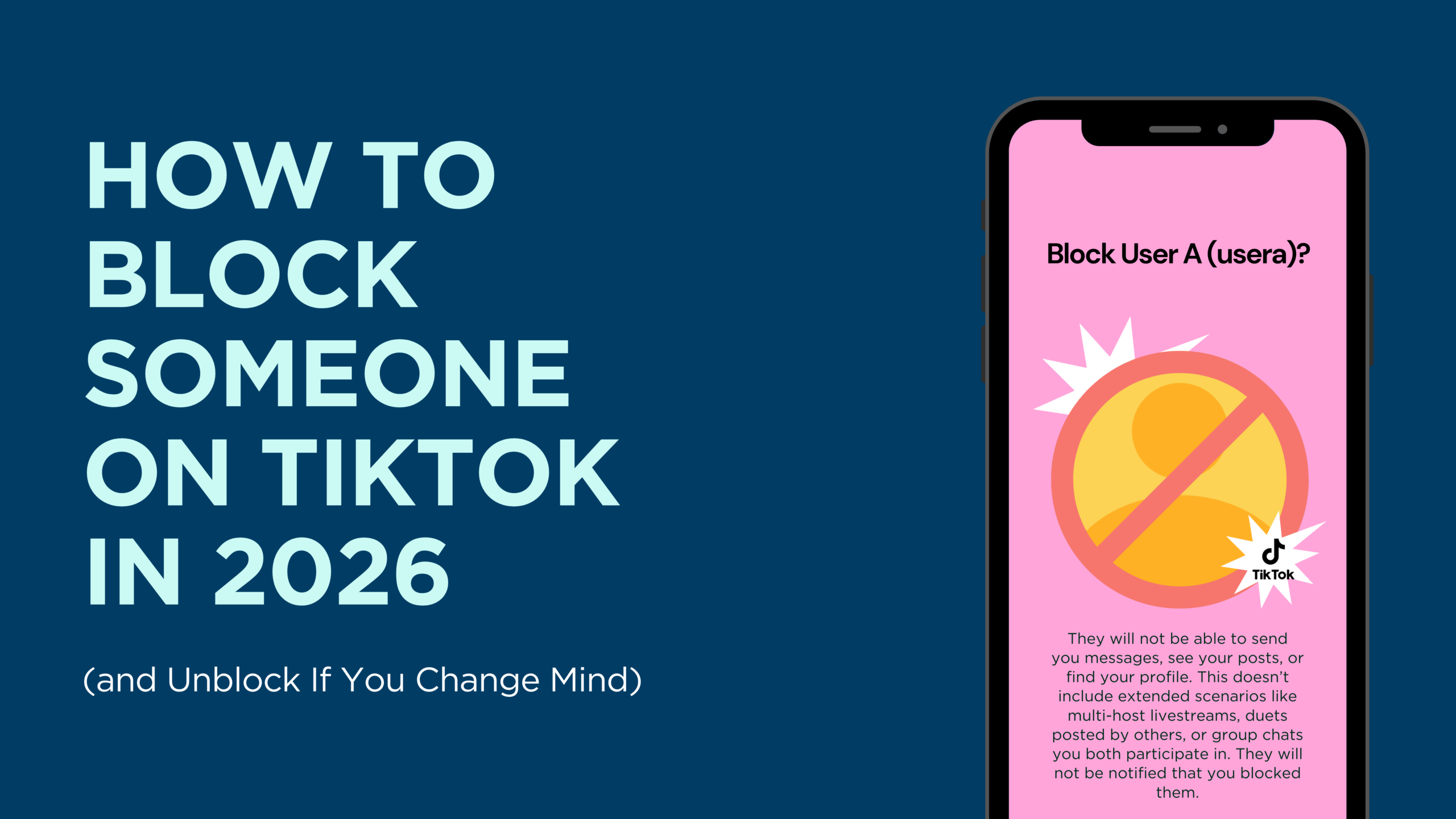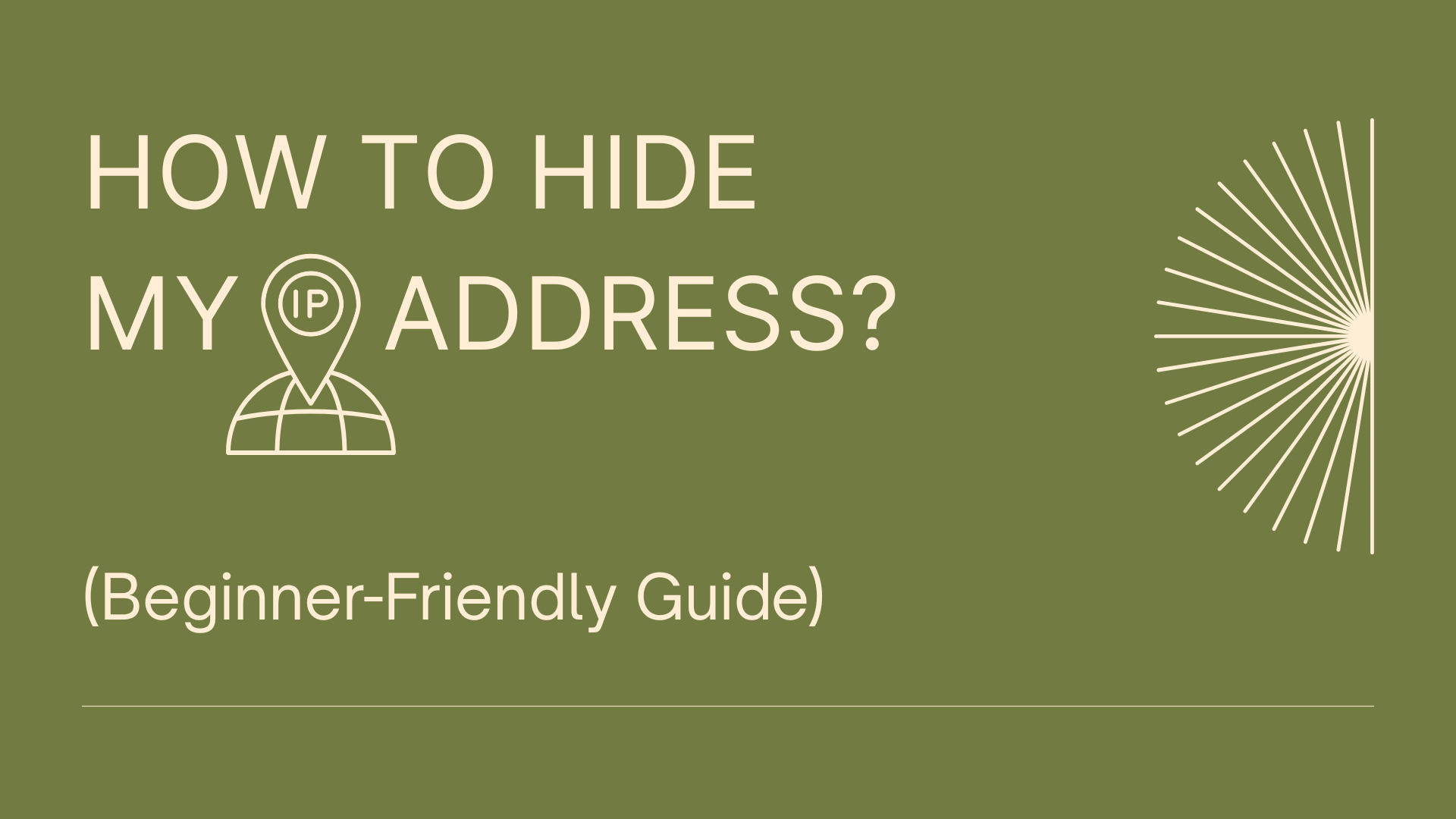
Many people search “how to hide my IP address” because they feel watched online. Ads that seem to know too much, public Wi-Fi that feels unsafe, or even harassment during online gaming often share the same root cause: your IP address is visible.
But what exactly does “hiding your IP” mean, and what benefits does it actually give you? Let’s break it down step by step.
Table of Contents
What is an IP address, and does a VPN change it?
Think of an IP address as your digital street number. Without it, websites wouldn’t know where to send the information you ask for. But not all addresses are the same.
Public IP
- This is the number assigned by your internet provider. It’s visible to websites, advertisers, and the admin you interact with in games or forums. It can reveal your city or region.
Private IP
- This is the number your home router gives to your devices, your laptop, phone, or smart TV. It’s like room numbers inside your house. Outsiders can’t see these, but they keep your home network organized.
So, does VPN change IP address? Yes, a VPN changes your public IP, not your private home address. That’s the number websites actually see. If you’re curious about other ways beyond VPNs, like resetting your router or using mobile data, we’ve covered them in this guide to changing your IP address on any device.
How to Hide IP Address With VPN in 3 Steps
You don’t need to be technical to change your online “street number.” Here’s the easiest way:
Step 1: Download a VPN app.
Go to the X-VPN official site and install the version for your device.
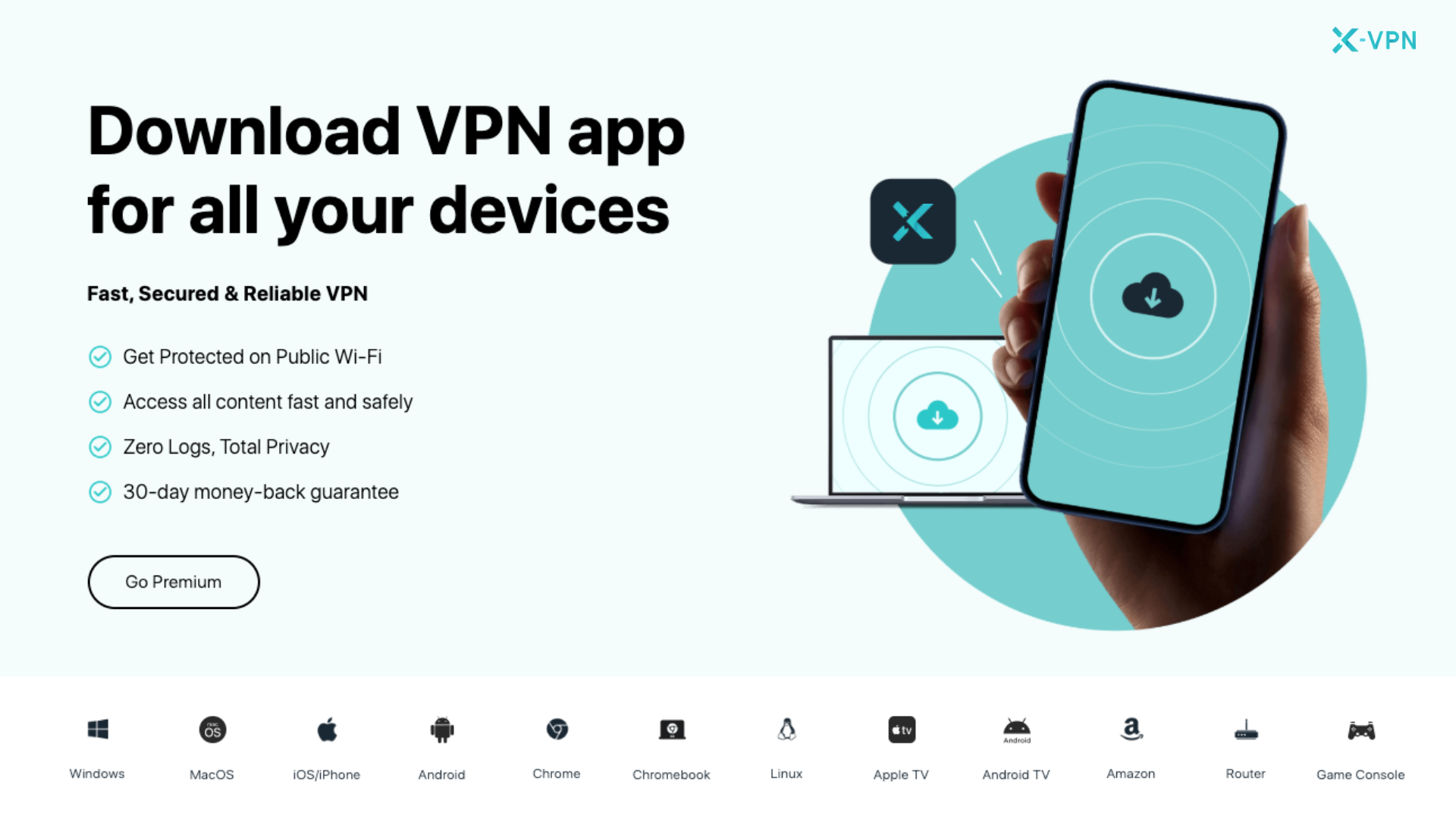
Step 2: Pick a server location.
Choose a server in the region you want your IP to appear from. Premium X-VPN users can access over 10,000 servers in 80+ countries and 250 locations.
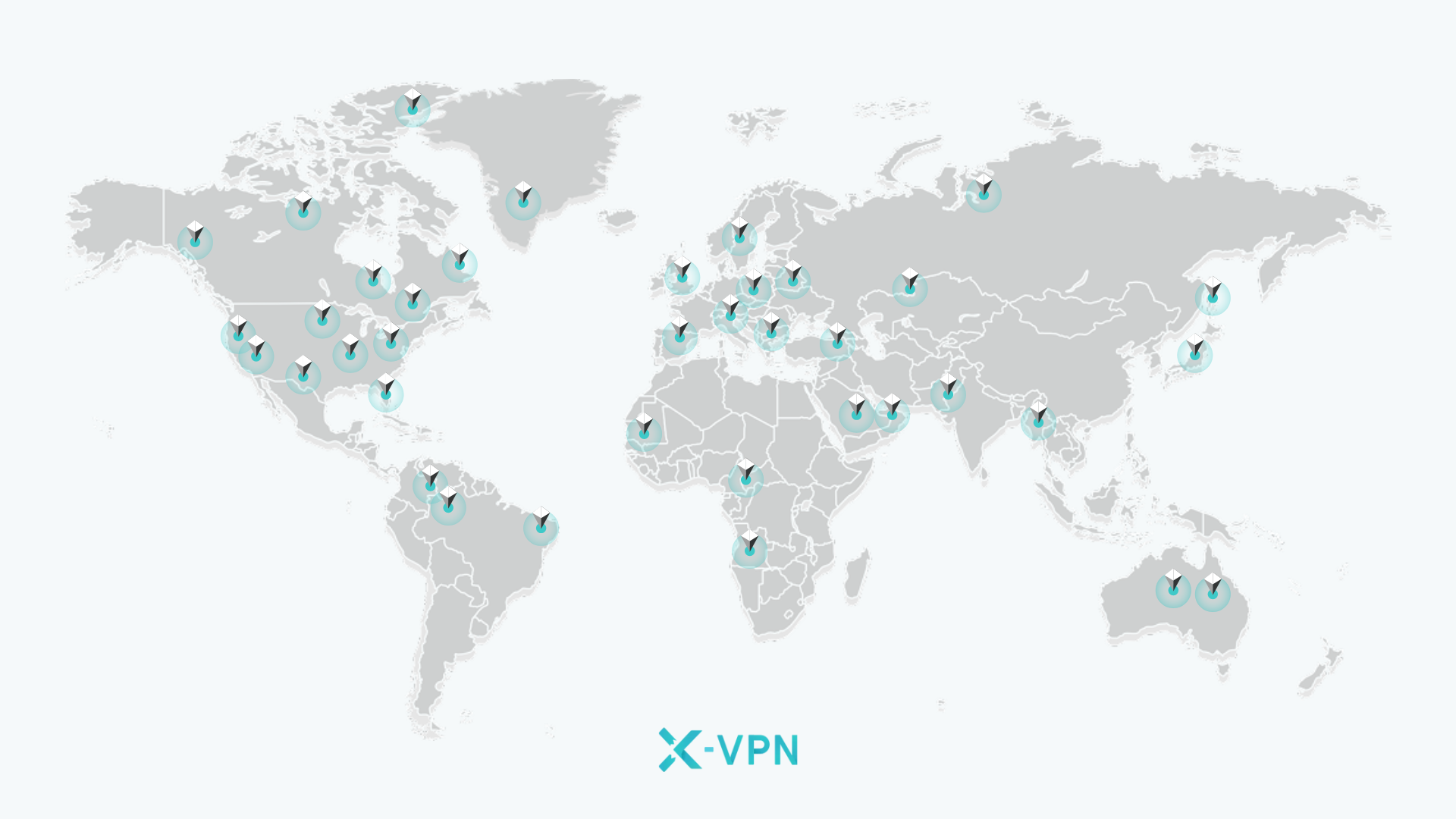
Step 3: Connect.
Tap once, and your real IP disappears behind the VPN server’s IP.

That’s it, you’ve just hidden your IP address.
Quick Check: Did It Work?
It’s natural to wonder if the VPN is actually working. The fastest way to confirm is to look up your IP.
- 1Before connectingUse the what is my IP tool and write down the address. That’s your public IP.
- 2Turn on your VPNSearch again. If the numbers and city change, your VPN is active.
This simple test answers the question “does VPN change IP address?”—yes, it does. Keep in mind, the new city may reflect the VPN’s data center rather than the exact city you picked. If nothing changes, reconnect or switch servers.
How VPNs Hide Your IP Address (Without the Jargon)
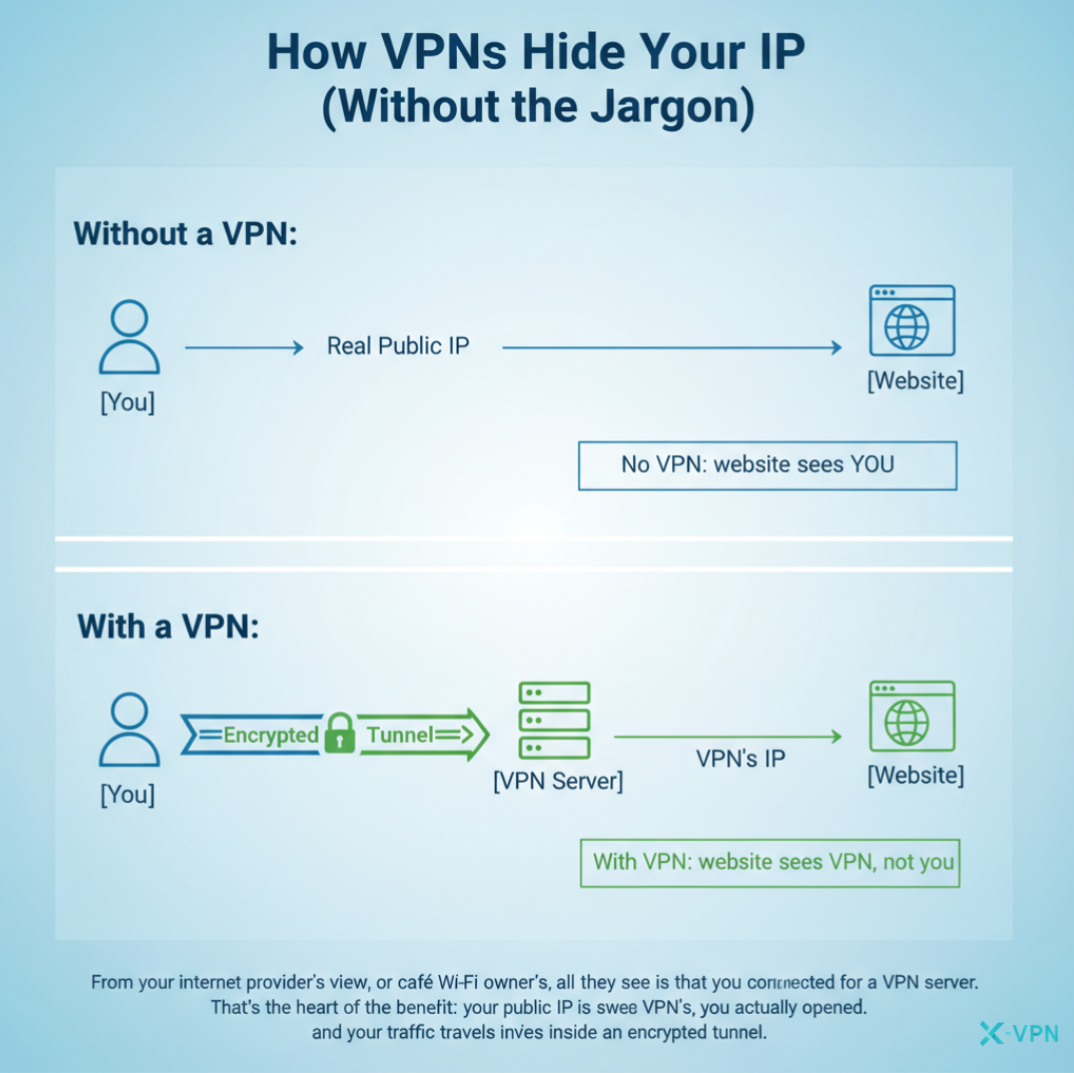
Here’s the flow:
Without a VPN: You → Website (the website sees your real public IP).
With a VPN: You → Encrypted tunnel → VPN server → Website (the website only sees the VPN’s IP).
From your internet provider’s view, or the café Wi-Fi owner’s, all they see is that you connected to a VPN server. They can’t see the websites you actually opened.
That’s the heart of the benefit: your public IP is swapped for the VPN’s, and your traffic travels inside an encrypted tunnel.
VPN Benefits: Hide IP Address for Real-World Gains
Why go through the trouble of hiding your IP? Because it solves everyday annoyances and risks. Here are five real-world benefits:
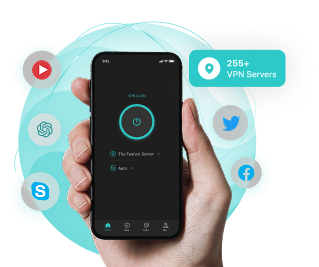
Switch to X-VPN and hide your IP the smart way
Take Control of Your Online Privacy
When You Might NOT Want to Change Your IP
Hiding your IP is useful, but not always the right move. In some situations, changing your IP could cause friction instead of fixing things:
In these cases, stick with your original IP or use a “home country” VPN server. Some VPNs even offer static IPs if you need consistency with added privacy.
Common Misunderstandings and Limits
It’s just as important to clear up what hiding your IP cannot do:
Setting Up Properly
For stronger protection:
Alternatives to VPN: What Else Can Hide Your IP?
VPNs aren’t the only tools. Depending on your needs, these may help:
Tor Browser
Routes traffic through global volunteer relays to hide your IP.
Pros
Cons
Privacy-Focused Public DNS
Services like Cloudflare (1.1.1.1) or Google DNS won’t change your IP, but they stop your ISP from logging your browsing.
Pros
Cons
If you need system-wide protection with one click, VPNs are still the most user-friendly option.
Final Checkup: Make Sure Your IP Address Is Really Hidden
Even with a VPN connected, leaks happen. Here’s how to double-check:
Step 1: Check your IP address
Use what is my IP tool before and after connecting. If the numbers and city change, your VPN is working.
Step 2: Run a DNS leak test
DNS is the system that translates “google.com” into a server’s location. If your internet provider is still handling these lookups, they can log everything you visit. A DNS leak test should only show your VPN’s servers.
Step 3: Run a WebRTC leak test
Browsers use WebRTC for video calls, but it often exposes your real IP directly to websites. If a WebRTC test shows your home IP, block WebRTC in your browser or rely on your VPN’s protection.
Step 4: Check for IPv6 leaks
IPv6 is the newer internet addressing system. Not every VPN supports it. If an IPv6 test shows your real details, disable IPv6 in your device settings until your VPN covers it.
If you’d rather not use multiple sites, X-VPN’s leak checker runs all four tests: IP, DNS, WebRTC, and IPv6, in one place.
Conclusion
Hiding your IP isn’t about turning invisible; it’s about tackling real pain points: endless targeted ads, unsafe café Wi-Fi, or harassment in online communities.
If you’ve ever asked “how to hide my IP address”, a VPN is the simplest and safest option. It changes your public IP, encrypts your traffic, and gives you flexibility in how you appear online.
Just remember: it’s not a magic cloak. Use it with smart habits, like cleaning cookies, avoiding oversharing, and checking for leaks, and you’ll be in far better shape than browsing with your IP exposed.
FAQ
Does a VPN change my IP address?
Yes. It replaces your public IP with one from its servers. Your private home IP stays the same.
Is hiding my IP address legal?
In most countries, yes. But some governments restrict or block VPNs. Check your local laws.
Will a VPN slow down my internet?
It can, since traffic is rerouted. Premium servers with good infrastructure keep the slowdown minimal.
How to hide my IP address for free?
Tools like Tor can help, but they’re slow. Free VPNs often cut corners. X-VPN’s free plan offers a safer balance.
What happens if my IP is not hidden?
Websites, advertisers, and your ISP can log your activity, target ads, or even slow your connection. Attackers in games can harass you directly.



